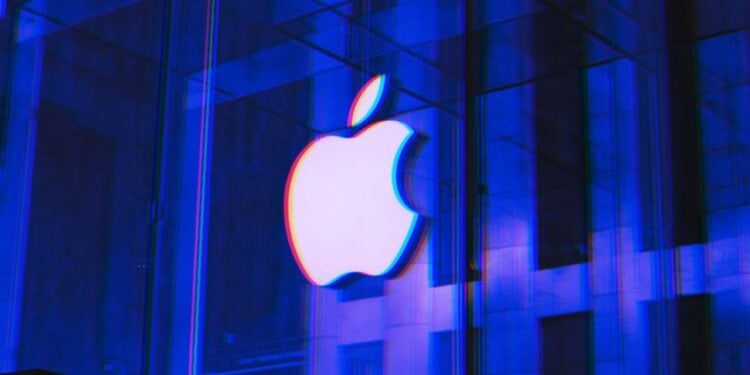Despite headlines of industry layoffs and refocused investments into AI development, the dream and creation of virtual workspaces persists into 2024, at least at major U.S. tech companies including Meta, and Microsoft — which recently announced a VR collaborative feature for Microsoft Teams.
Apple’s latest tech gadget, the Apple Vision Pro, hits store shelves on Feb. 2, but it arrives at a time when the tech industry has been shifting its focus towards Artificial Intelligence. The feature set and marketing behind the Apple Vision Pro suggests that Apple sees this tech as a staple in the workforce for professionals collaborating in the future. A recent study published by Atlassian reveals that 99% of Fortune Executives foresee an increasingly distributed work environment in the future.
With a hefty base price tag of $3,499, Apple’s major experiment into a potential new age of productivity and collaborative tools — tools that specifically target remote and hybrid work professionals — won’t be easily accessible for most.
However, it’s not the new kid on the block in terms of hardware. Other sellers have tested consumer appetites as well. This includes Meta’s Quest, HTC Vive, and Varjo headsets, among others, according to a report published by Quartz.
Apple’s headset combines augmented and virtual reality features and can use motion gestures, eye tracking, and speech recognition, according to a recent report published by Medium. The advanced feature set, plus the blending of augmented and virtual reality, could influence working professionals to buy into the new technology as a unique workplace solution — especially for those who work and collaborate remotely.
With a high price tag, Apple is likely positioning the technology for the long road ahead as Google plans to release a similar headset in collaboration with Samsung in the future.














